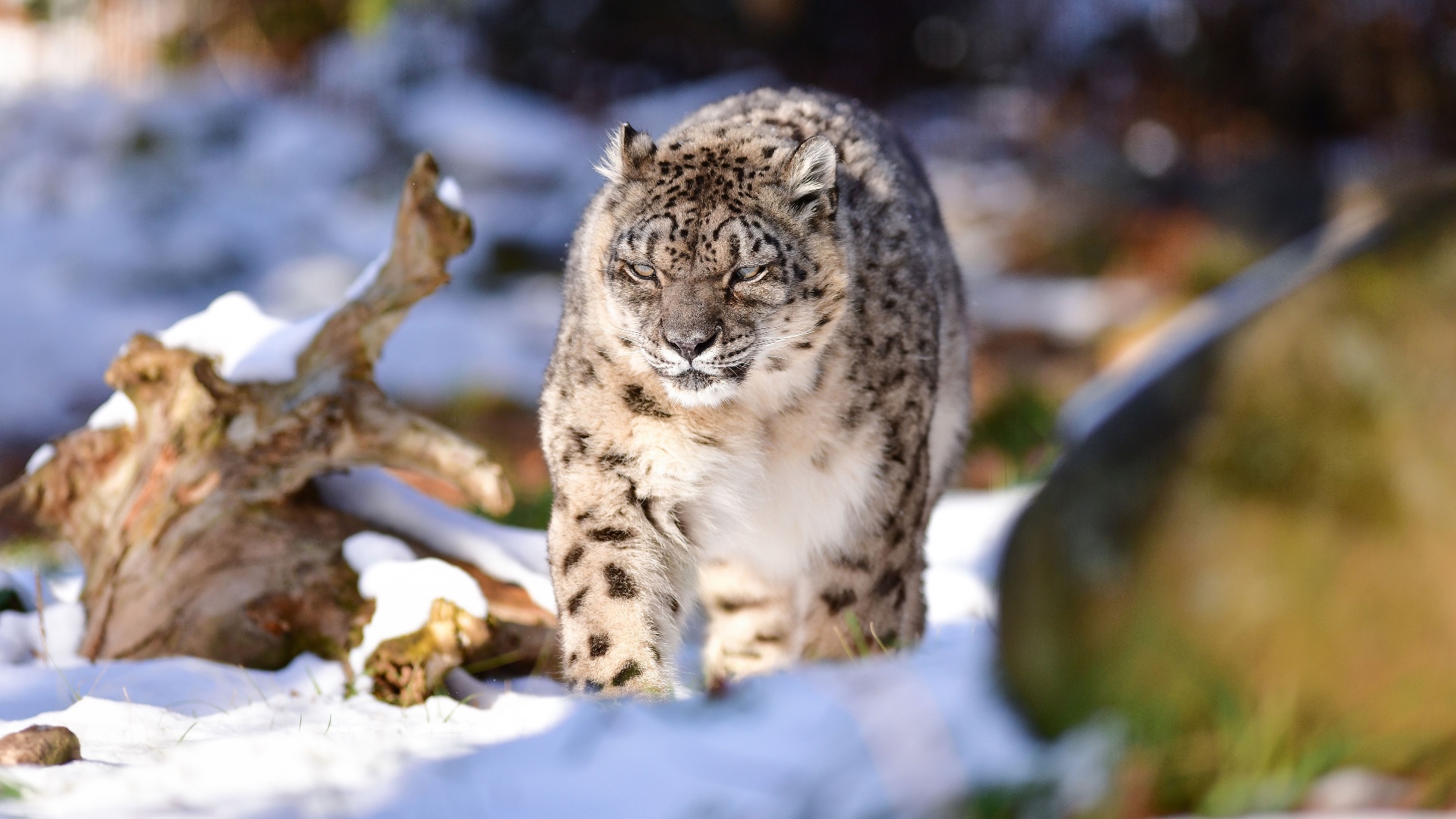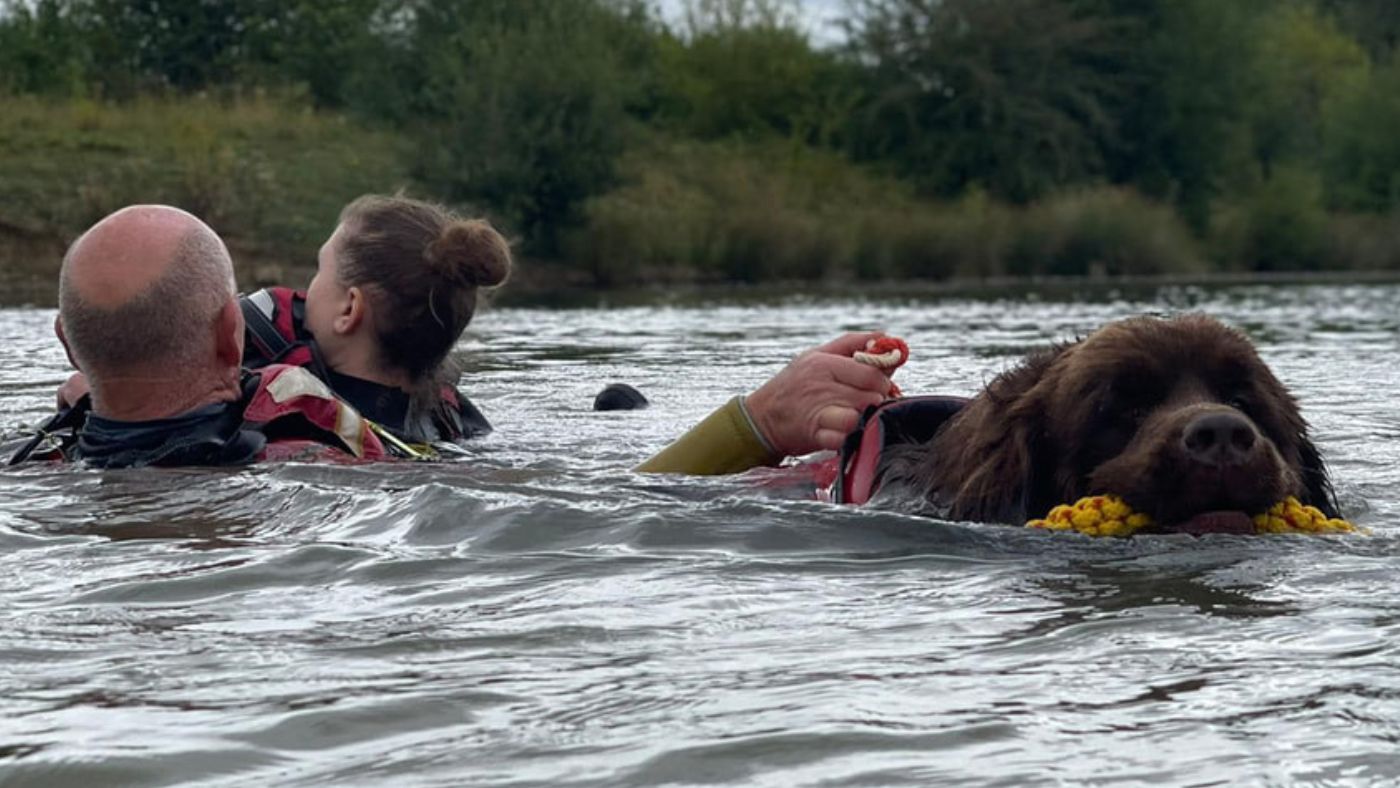The week's good news: June 2, 2022


- 1. Pakistani man repays a city's kindness by inviting every resident to his wedding
- 2. 101-year-old surprised with the high school diploma he always wanted
- 3. Goats are giving firefighters in Northern California an assist
- 4. For her next chapter, retired teacher drives mobile bookstore across the U.S.
- 5. The world's largest living plant has been found in Australia
A free daily email with the biggest news stories of the day – and the best features from TheWeek.com
You are now subscribed
Your newsletter sign-up was successful
1. Pakistani man repays a city's kindness by inviting every resident to his wedding
He was welcomed with open arms by the people of Birmingham, Alabama, and when it came time to invite guests to his wedding, Shahzeb Anwer wanted to return the favor. Before traveling to Birmingham, Anwer, 31, had never left Pakistan. He has hyperparathyroidism, and since the surgery he needed isn't available there, he decided to get it done at UAB Hospital in Birmingham. Anwer posted on Birmingham Facebook and Reddit groups, asking questions about everything from what clothes he should bring to the culture. Tips and information came flooding in, and Anwer told CBS 42 "people responded in a way that I wouldn't even expect from my own people in Pakistan." One person who stepped up was Andrew Harris, who helped Anwer get to medical appointments and go shopping. "I've gained such a friend — a best friend for life," Harris said. Anwer's surgery was successful, and when he returned home, he showed his appreciation for Birmingham's residents by posting online an open invitation to his wedding on May 22. "Birmingham treated me as their favored son," he told CBS 42, adding, "Birmingham has now become a part of my life."
2. 101-year-old surprised with the high school diploma he always wanted
On display in Merrill Pittman Cooper's New Jersey home is something he never thought he'd see: his high school diploma. Cooper, 101, grew up in the segregated South, and his single mom worked as a live-in housekeeper to afford tuition at Storer College in Harpers Ferry, West Virginia. When Cooper realized his mom didn't have enough money to pay for his final year of high school, he suggested they move to Philadelphia, and he started working at a clothing store. Cooper broke down barriers as one of Philadelphia's first Black trolley car drivers, and went on to become a bus driver and vice president of the International Transport Workers Union. Even with his success, Cooper always wished he had graduated from high school. "As time went on, I thought it was probably too late, so I put it behind me and made the best of the situation," Cooper told The Washington Post. His son-in-law decided to do something about it, working with the Harpers Ferry National Historic Park and Jefferson School District to secure Cooper an honorary high school diploma. It was presented to him during a surprise ceremony in March. "I never imagined that anything like this could happen," Cooper told the Post, adding, "I can't think of a happier day."
The Week
Escape your echo chamber. Get the facts behind the news, plus analysis from multiple perspectives.

Sign up for The Week's Free Newsletters
From our morning news briefing to a weekly Good News Newsletter, get the best of The Week delivered directly to your inbox.
From our morning news briefing to a weekly Good News Newsletter, get the best of The Week delivered directly to your inbox.
3. Goats are giving firefighters in Northern California an assist
Firefighters in West Sacramento, California, have a not-so-secret weapon in their arsenal: goats. Lots and lots of goats. The city regularly uses hundreds of goats to clear out weeds, high grass, and other dry brush that could easily go up in flames. The goats happily gobble everything up, creating environmentally-friendly fire breaks. Paul Hosely, the public information officer for West Sacramento, told CBS 13 that goats have been helping prevent fires in town for the last 10 years. "About 400 goats can clear two acres a day and get in places mowers can't reach," he said. It's a program that's good for the goats and good for the firefighters, and it clearly works — CBS 13 reports that the goats recently cleared underbrush near a housing complex, and when a blaze started in the area, their fire breaks kept the flames from going near homes.
4. For her next chapter, retired teacher drives mobile bookstore across the U.S.
Rita Collins always wanted to open a bookstore after retiring, but because she lives in a tiny Montana town with a population of just 1,517, she knew there wouldn't be enough customers to sustain it. That's when Collins decided her bookstore didn't need to be brick and mortar — it could be on wheels. She converted the back of a Sprinter van into a used bookstore — called St. Rita's Traveling Bookstore and Textual Apothecary — and spends May to October driving around the United States, stopping at festivals and farmer's markets and coffee shops. Since 2015, she's been to 30 states. "I can't imagine a better way of spending time than the traveling bookstore," Collins told Today. "It's so special." There are 600 books lining the shelves — which are angled so the tomes don't go flying while Collins drives — and Collins put a rug on the floor so kids can sprawl out. She named her bookstore after the patron saint of lost causes, and while it originally did seem like her dream was out of reach, Collins has proven wishes can come true.
A free daily email with the biggest news stories of the day – and the best features from TheWeek.com
5. The world's largest living plant has been found in Australia
Scientists say they've found the largest living plant on Earth off the coast of Western Australia in Shark Bay, stretching more than 112 miles. The plant, the Posidonia australis, is a species of seagrass. Researchers wanting to know about the genetic diversity of seagrasses took samples from 10 locations across the seagrass meadow, and after sequencing DNA from each sample, discovered that the Posidonia australis clones itself by creating new, genetically identical offshoots. Elizabeth Sinclair, a senior research fellow at the School of Biological Sciences and Oceans Institute at the University of Western Australia, led the research team, and told CNN they were stunned by the results. The seagrass is about 4,500 years old, and covers an area larger than Brooklyn, Sinclair said. A study on the plant was published Tuesday in the journal Proceedings of the Royal Society B.
Catherine Garcia has worked as a senior writer at The Week since 2014. Her writing and reporting have appeared in Entertainment Weekly, The New York Times, Wirecutter, NBC News and "The Book of Jezebel," among others. She's a graduate of the University of Redlands and the Columbia University Graduate School of Journalism.
-
 Film reviews: ‘Wuthering Heights,’ ‘Good Luck, Have Fun, Don’t Die,’ and ‘Sirat’
Film reviews: ‘Wuthering Heights,’ ‘Good Luck, Have Fun, Don’t Die,’ and ‘Sirat’Feature An inconvenient love torments a would-be couple, a gonzo time traveler seeks to save humanity from AI, and a father’s desperate search goes deeply sideways
-
 Political cartoons for February 16
Political cartoons for February 16Cartoons Monday’s political cartoons include President's Day, a valentine from the Epstein files, and more
-
 Regent Hong Kong: a tranquil haven with a prime waterfront spot
Regent Hong Kong: a tranquil haven with a prime waterfront spotThe Week Recommends The trendy hotel recently underwent an extensive two-year revamp
-
 The week's good news: Sept. 21, 2023
The week's good news: Sept. 21, 2023It wasn't all bad!
-
 The week's good news: Sept. 14, 2023
The week's good news: Sept. 14, 2023It wasn't all bad!
-
 The week's good news: Sept. 7, 2023
The week's good news: Sept. 7, 2023feature It wasn't all bad!
-
 Lives transformed by swimming with Newfoundland dogs
Lives transformed by swimming with Newfoundland dogsfeature Good news stories from the past seven days
-
 The week's good news: August 31, 2023
The week's good news: August 31, 2023feature It wasn't all bad!
-
 The week's good news: August 17, 2023
The week's good news: August 17, 2023feature It wasn't all bad!
-
 Earring lost at sea returned to fisherman after 23 years
Earring lost at sea returned to fisherman after 23 yearsfeature Good news stories from the past seven days
-
 Farmer plants 1.2m sunflowers as present for his wife
Farmer plants 1.2m sunflowers as present for his wifefeature Good news stories from the past seven days
